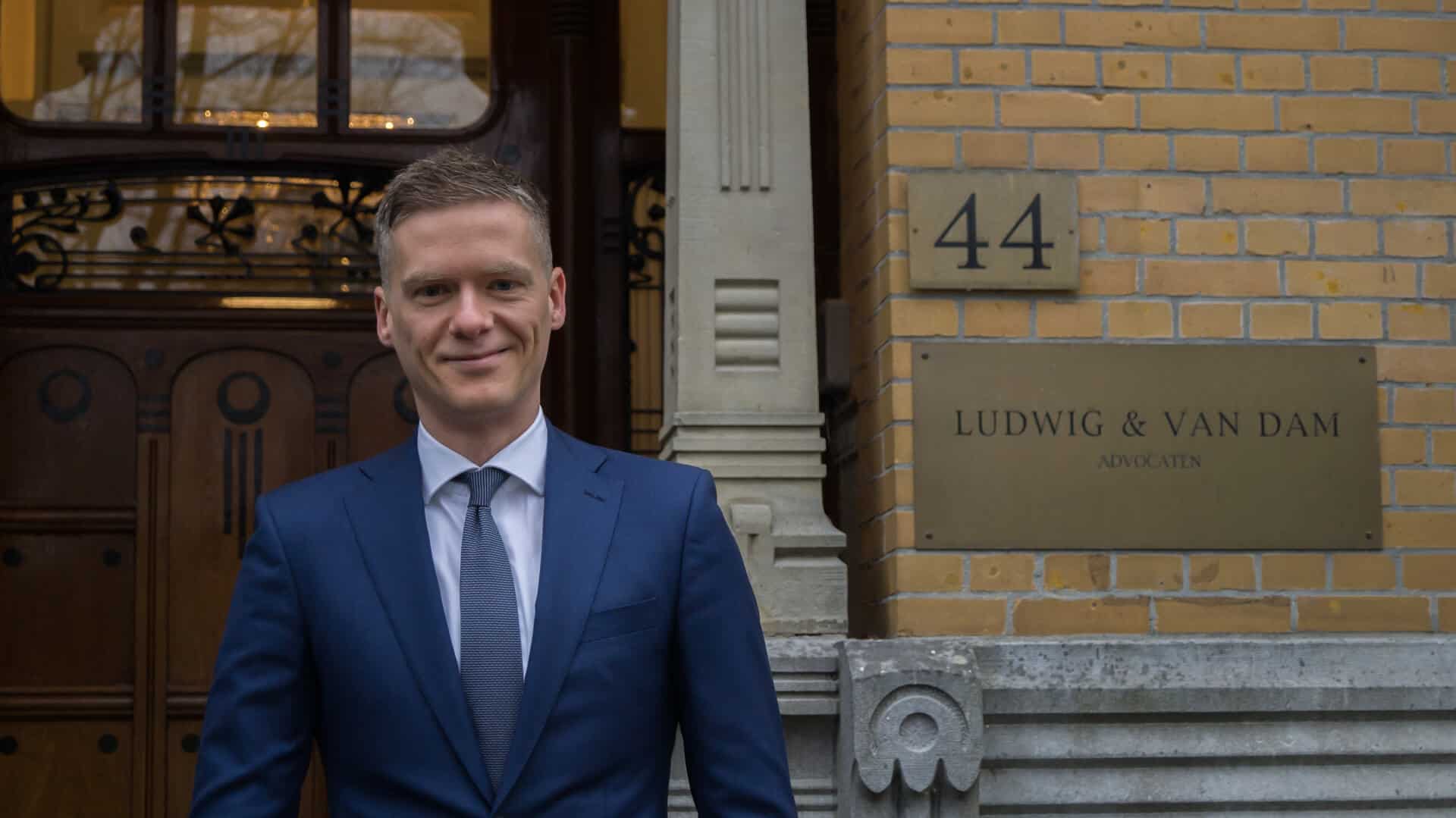Can car dealers invoke the Franchise Act?
On 1 January 2021, the Franchise Act entered into force in the Netherlands, with the main motive being to create a more balanced playing field between franchisee and franchisor. To be able to appeal to the law, it is required that the cooperation qualifies as a franchise. Only then can franchisees make use of the strengthened position they enjoy since the introduction of the law. In many cases it will be considered self-evident that the Franchise Act applies, but there are also various partnerships in which this is being discussed. Think of car dealers who often have a dealer contract and are in a dependent position with regard to the manufacturer and/or distributor. In the United States, this has recently led to a conflict in which the dealer in question bases a million-dollar claim on Florida’s franchise law, because the dealer believes that he is being put under pressure in violation of this law.
This contribution briefly considers whether car dealers in the Netherlands could also rely on franchise legislation. After all, application of the law makes it possible to measure the manufacturer’s actions against the legal requirements regarding matters such as (re)investments as a result of conceptual changes, a goodwill payment or good franchisorship. In the run-up to the creation of the Franchise Act, franchisees from the automotive sector, Bovag and about twenty brand dealer associations have expressed their support for the bill of the Franchise Act. Apparently they assumed the law would apply to them, but does it?
The franchise agreement (and its definition) has been laid down in law by means of the Franchise Act. This means that the Franchise Act applies if an agreement meets the definition contained in the law.
The explanatory memorandum states that different types of franchise can be distinguished within different branches: franchise relating to the production of goods, the sale of goods and the provision of services. In addition, a distinction can be made between so-called soft franchise and hard franchise .
The definition of ‘franchise agreement’ contained in the Franchise Act aims to cover all these types of franchise. Decisive for the question of whether there is a franchise relationship is not the qualification, name or title used by the parties for their agreement, but the actual content of their mutual relationship.
In short, even if a different name such as dealer contract is used, the actual content of the relationship can determine that there is still a franchise agreement as referred to in the Franchise Act.
Based on the legal definition of the franchise agreement and, more specifically, the definition of franchise formula, as included in the Franchise Act, this is also very defensible in my opinion. Decisive for the qualification question of a dealer contract is whether it can be successfully argued that there is a franchise formula.
In my view, concluding a dealer contract creates an operational, commercial and organizational formula for the production and sale of cars, with a uniform identity and appearance. A trademark and a prescribed house style are always used. This already meets half of the definition of the franchise formula.
In my opinion, the discussion will therefore mainly focus on the question of whether there is know-how transferred from the manufacturer to the dealer that meets the legal definition. Despite the fact that the law contains a fairly strict definition of this, it is not inconceivable that it can be argued successfully that the practical information provided by manufacturers to dealers qualifies as know-how, such as sales methods, shop fittings and training courses. Although the law prescribes, for example, that there must be essential and secret information, this does not automatically mean that information of a general nature cannot qualify as know-how if this whole of information is viewed in conjunction. This follows, among other things, from a recent judgment of the Amsterdam District Court:
“(…) In the opinion of the court, based on the explanation of[Franchisegever] it is sufficiently established in the procedural documents and the documentation submitted that[Franchisegever] On[eisers 1 t/m 3] has provided secret, material and identified information that meets the requirements of Article 7:911 paragraph 2 under a sub 2 of the Dutch Civil Code. It is true that some of the documents in the folders deal with more general topics, such as the manual for drawing up a business plan, but that does not alter the fact that when the documentation is viewed in context, the information is so focused on a graphic services company and the strategy of [Franchisegever] that there is know-how worthy of protection.(…)”
Conclusion
In short, the know-how criterion can also be met in many cases. Provided that it is factually substantiated, car dealers can, in my view, successfully invoke the Franchise Act.
In that sense, it is therefore awaiting the first judgment of a court on this. In all likelihood, the court will address this issue for the first time in the case brought by the Association of PSA Dealers. In this case against Peugeot Netherlands, the court is requested to declare that the Peugeot dealer agreement (and the Peugeot repairer agreement) qualifies as a franchise agreement.
Ludwig & Van Dam lawyers, franchise legal advice.
Do you want to respond? Then email to albers@ludwigvandam.nl

Other messages
Accountability for franchise, marketing and IT fees
A ruling from the Midden-Nederland court of October 18, 2023 ...
ROZ model contracts (rental) adjusted: what are the consequences for Franchise relationships?
On April 10, 2024, the Real Estate Council (ROZ) announced ...
Abuse of power in the French supermarket sector
After Belgium, France has now also had enough when it ...
Supermarket location due to exceeding the decision period by the municipality
In a dispute with the municipality of Helmond, the issue ...
Standstill period protects the over-enthusiastic franchisee
Standstill period protects the over-enthusiastic franchisee The standstill period ...
Breach of pre-contractual information obligation in case of franchise
In summary proceedings, the District Court of The Hague rendered ...







